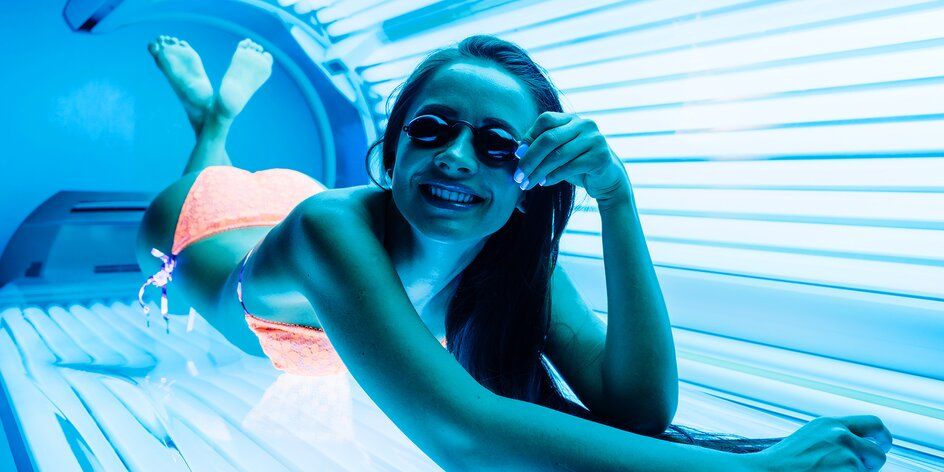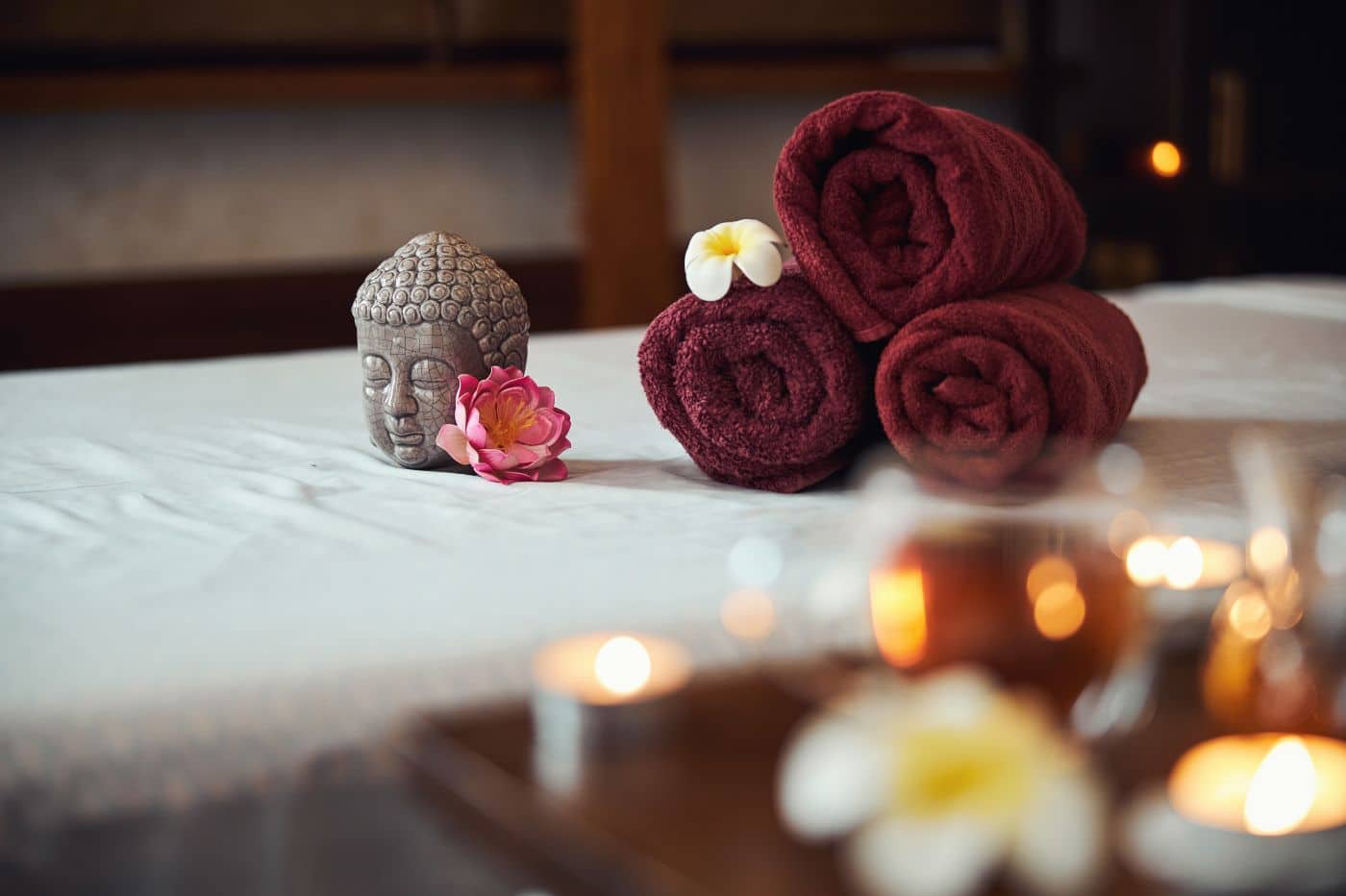Collagen therapy – only at MAXPLAZA

The secret of the vibrant look is hidden in the perfect formation of collagen. Preferably one that your body creates itself. For this purpose, a new method using 633 nm light technology has been developed. The technology was discovered by NASA scientists and is used to speed up wound healing and skin regeneration during spaceflight. The principle is that special emitters stimulate the body to produce collagen. This makes it possible to improve its effectiveness many times over, even in the deep layers of the skin. Collagen therapy: who should try it?

What is COLLAGEN?
Collagen is a fibrous glycoprotein, a significant component of tissue connective tissue. It gives the skin its strength and elasticity. As we age, soluble collagen changes to insoluble collagen. Collagen degenerates, and its ability to bind water declines sharply.
The word collagen comes from the Greek language: cola – glue and genno – to give birth. “Adhesive ” – this definition fully characterizes the function of collagen. It is a protein that “glues” and “connects” cellular elements and forms them into tissues and organs. It occurs in all organs, serves as a cell-binding substance. Collagen fibers are built into the elements of organs and form the intricate structure of the membranes of organs such as the pleura, peritoneum, and pericardium, as well as organs such as the heart, kidneys, lungs, liver, blood vessels, bones, eyes and of course the skin.
Collagen is the most critical protein in the body, making up 30% of the total mass of human proteins and 70% of the group of skin proteins. In women after age 25, collagen production decreases and gradually stops in older generations. The body thus loses the ability to regenerate natural collagen. Wrinkles, cellulite, dry skin, loss of nail and hair shine, the inevitable aging process begins. But you can slow it down, hold it back and even turn it away!

Effects of collagen
- direct, very intense deep hydration of the skin and the complexion, loss of the feeling of dry skin,
- increase the elasticity and firmness and elasticity of the skin,
- highly effective against cellulite, dilated coils, and stretch marks,
- smoothing of fine lines and reduction of deep wrinkles,
- slowing down the aging process of the skin,
- deep tissue hydration,
- the silky appearance of the skin,
- healing and regenerating effect on tanned or sunburnt skin,
- preventive effect,
- accelerating wound healing, especially post-operative wounds,
- elimination of skin changes caused by allergy,
- regenerates nails and hair, scalp,
- does not cause an allergy.

What is collagen for?
Kolagén je určený pre každý druh pokožky, vrátane veľmi citlivej pleti. Kolagén sa zvlášť doporučuje pre prirodzene zostarnutú alebo predčasne zničenú pokožku. Je tiež vysoko účinný pri odstraňovaní a v prevencii kožných problémov, ako sú celulitída, akné, jazvy, strie, vredy, ekzémy, nadmerne suchá koža, znamienka, starecké škvrny, rozšírené vlásočnice. V prípade poškodenia pokožky urýchľuje jej hojenie (pooperačné rany), odstraňuje zmeny pokožky spôsobené alergiou. Navštívte naše solárium a sledujte zmeny na vašom tele.
Contraindications
Traditional skin protection using conventional cosmetic products is, of course, important. However, these products act only on the outer layer of the skin and often cause undesirable allergic reactions. They cannot penetrate the deepest layers and thus regenerate the skin effectively. Therefore, for effective regeneration to take place, it is necessary to hit its lower layers. Unique formulations have been developed that reach even into the lower layers. However, it is most convenient when the body creates collagen. By using the devices in cosmetic practice, the collagen reaches the deeper layers of the skin, thus increasing its effect. Collagen does not stimulate the allergy.






